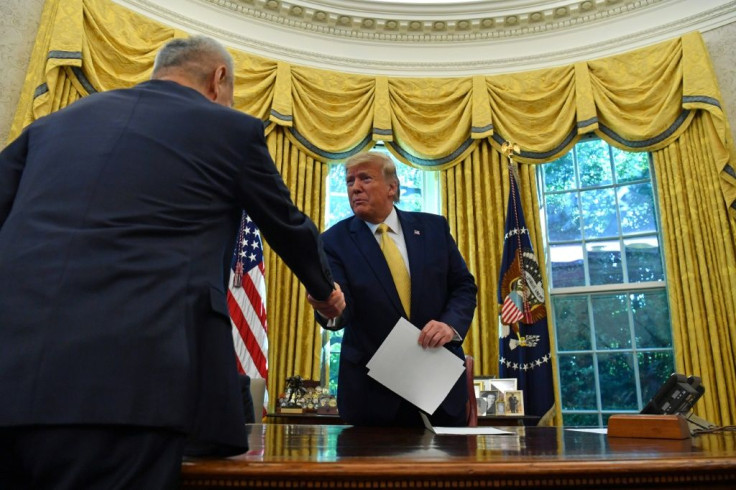US-China Trade War: Chinese Manufacturing Expands, Helped By Domestic Market Resilience
While President Trump remains bullish on what the tariffs he imposed on Chinese exports can do, but data from China seems to paint a different story. A private survey Monday revealed that China’s manufacturing activity has expanded, rather than contract, in November.
The Caixin/Markit manufacturing Purchasing Manager’s Index for November came in at 51.8 against an expectation of 51.4. It has risen from the October number of 51.7.
Market analyst firms Caixin and IHS Markit have stated that this growth is the strongest since December, 2016. Overall, China has, despite the ongoing trade war with the United States, maintained an expanding manufacturing sector, consistently getting a score of 50 plus on the Index.
China seems to have effectively addressed the impact from Trump's tariffs on products made in its factories. It hasn’t allowed domestic consumption to be affected and being the largest market for many products, that has helped make up for manufacturing losses.
A case in point is Huawei. The company was blacklisted by the Trump administration and lost its Android license in May this year. Rather than be hobbled by the lack of access to Google's widely popular mobile operating system, the company launched its own -- Harmony OS to tap into robust domestic demand. Its Q2 sales rose 31% year on year despite an uncertain global business enviornment.
U.S. companies such as Apple have asked for relief from tariffs on certain Chinese-made components. President Trump said last month that the U.S. had come close to a “very substantial phase one deal” with China.

Stocks in Asia traded higher on the positive growth in Chinese manufacturing. The Japanese Stock Index NIKKEI 225 added 1.1 percent in afternoon trade Monday, while the Chinese SHENZHEN and South Korea’s KOSPI index gained 0.35 percent each. Hong Kong’s SENG Index rose 0.46 percent.
However, in terms of long-term growth, some concerns still remain. Credit growth is slowing down and property construction is expanding at an unsustainable rate and will have reverberations on the Chinese economy for a long time, according to Julian Evans-Pritchard, senior China economist, at consultancy firm Capital Economics.
© Copyright IBTimes 2024. All rights reserved.











